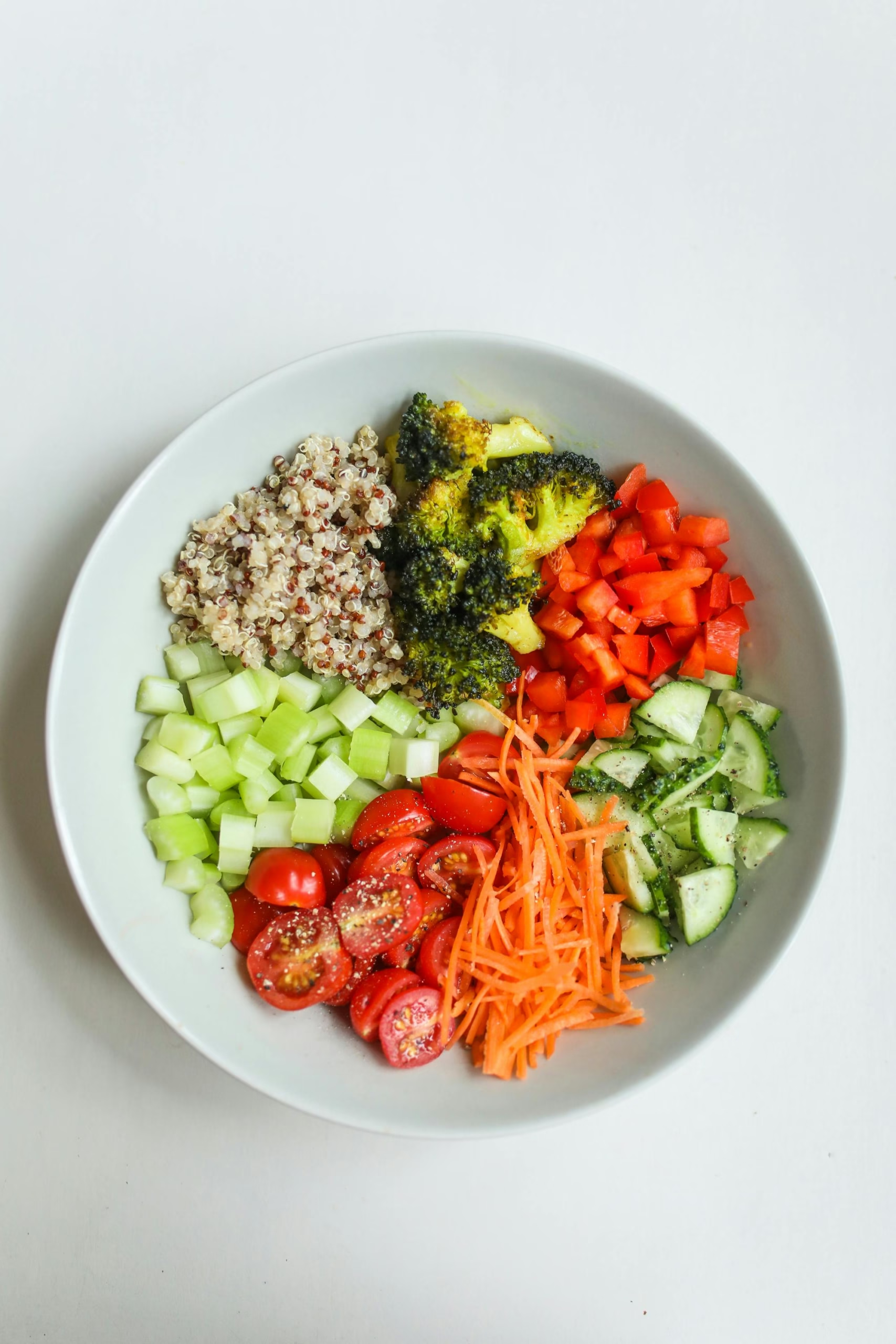Are you looking for very low-calorie foods to include in your diet? These foods are not only low in calories but also packed with nutrients, making them ideal for weight loss and healthy eating. In this guide, we’ll explore the best very low-calorie foods, their benefits, and how to incorporate them into your meals.
Section 1: What Are Very Low-Calorie Foods?
Very low-calorie foods are items that contain minimal calories, often fewer than 50 per serving. They are typically high in water and fiber, which help you stay full longer without adding extra calories.
Why Include Them in Your Diet?
- Help with weight management.
- Boost nutrient intake without exceeding calorie limits.
- Support digestion and hydration.
Learn More: Check out this guide to low-calorie eating from Harvard T.H. Chan School of Public Health.
Section 2: List of Very Low-Calorie Foods
Here’s a comprehensive list of very low-calorie foods to add to your diet:
1. Vegetables (Under 25 calories per cup):
- Cucumbers (16 calories): Refreshing and hydrating.
- Celery (14 calories): High in water content, perfect for snacking.
- Spinach (23 calories): Packed with iron and vitamins.
- Zucchini (21 calories): Great for soups and low-carb dishes.
Learn More: Explore the benefits of vegetables at Mayo Clinic.
2. Fruits (Under 50 calories per serving):
- Berries (40–50 calories per cup): Rich in antioxidants and fiber.
- Watermelon (30 calories per cup): Hydrating and sweet.
- Grapefruit (42 calories per half): Low-calorie and packed with vitamin C.
3. Protein-Rich Foods (Under 50 calories per serving):
- Egg Whites (17 calories per egg): High in protein and low in fat.
- Shrimp (41 calories per 3 oz): A lean source of protein.
- Non-Fat Greek Yogurt (48 calories per 100g): Filling and packed with probiotics.
4. Other Very Low-Calorie Options:
- Broth-Based Soups (10–20 calories per cup): Light and satisfying.
- Herbal Teas (0 calories): A great alternative to sugary beverages.
Section 3: How to Incorporate Very Low-Calorie Foods into Your Diet
- Snacking:
Replace chips and cookies with cucumbers, celery sticks, or berries. - Meal Additions:
Add spinach, zucchini, or other low-calorie vegetables to soups, stir-fries, or omelets. - Low-Calorie Desserts:
Opt for a fruit salad made with watermelon and berries for a sweet yet light treat.
Pro Tip: Find more healthy recipe ideas at BBC Good Food.
Section 4: Benefits of Very Low-Calorie Foods
- Weight Loss Support: Helps you stay within your calorie goals while keeping you full.
- Improved Hydration: Many low-calorie foods, like watermelon and cucumbers, are high in water.
- Nutrient Density: Rich in vitamins, minerals, and antioxidants without the calorie load.
Learn More: Discover how low-calorie diets work at Healthline.
Section 5: Precautions with Very Low-Calorie Diets
While very low-calorie foods are beneficial, ensure your diet is balanced and includes:
- Adequate protein for muscle retention.
- Healthy fats for brain and heart health.
- Complex carbohydrates for sustained energy.
Consult a Professional: Always consult a healthcare provider or dietitian before making drastic changes to your diet. For expert advice, visit Academy of Nutrition and Dietetics.
Conclusion:
Including very low-calorie foods in your diet is a simple way to manage your weight and improve your health. From hydrating vegetables to protein-packed options, these foods are versatile and easy to add to any meal plan.
Start incorporating these nutrient-dense, low-calorie foods today and enjoy the benefits of eating light and healthy!
Related Contents
Home
Omega-3 Fatty Acids
Parkinson’s Disease
Intermittent Fasting
Gym
Keto vs Fad diets
Calorie Count in Guinness and Other Drinks
Effective Weight Loss Diet
